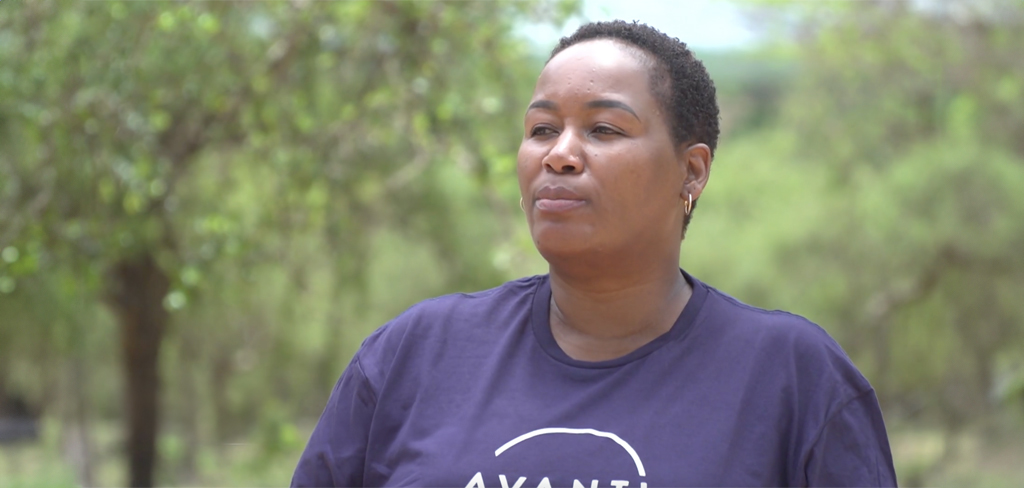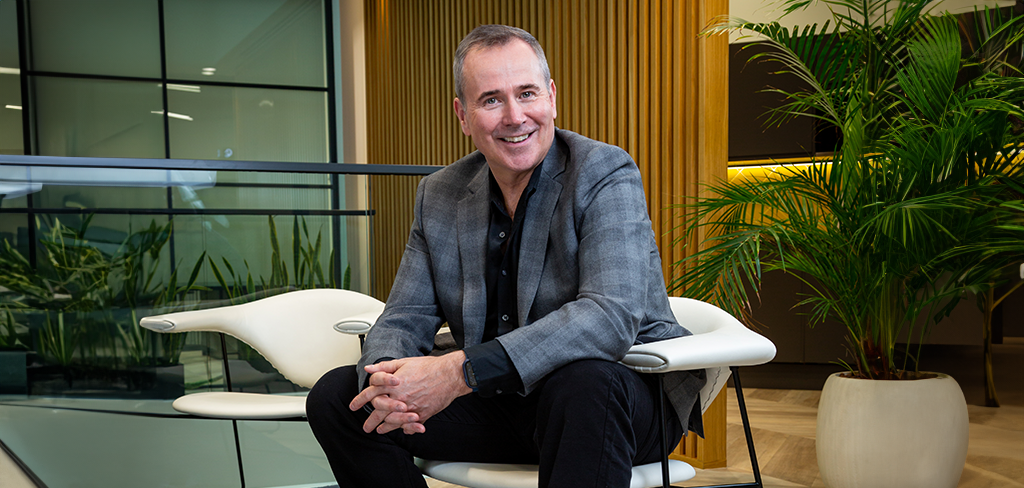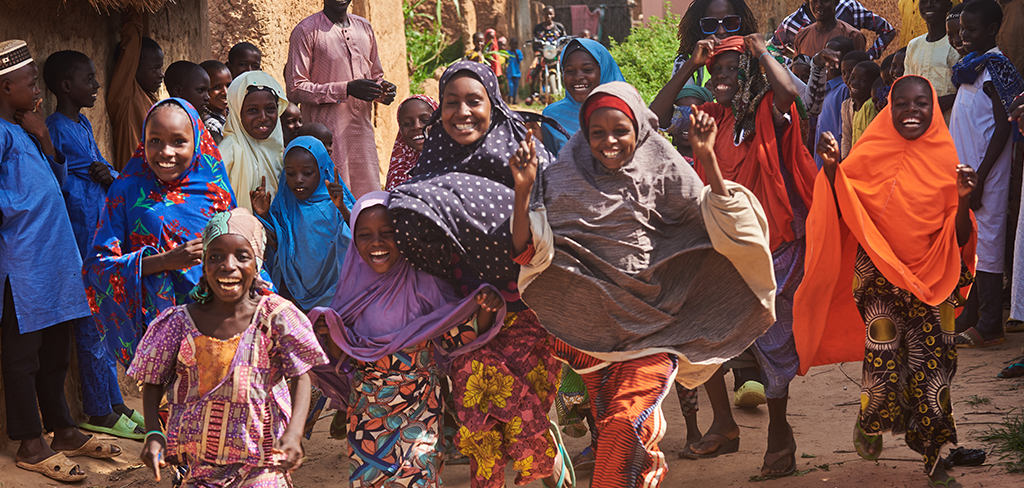Reflecting on MWC19 Barcelona
MWC Barcelona did not disappoint, this year the organisers renamed the show to reflect how it has evolved, becoming so much more than just about mobile.
It was a week where the industry seemed to be reinvigorated as the world caught a glimpse of what our technology-fuelled future will look like. We observed a return to handset innovation and diversity with the introduction of new flagship devices with foldable displays; however, the overwhelming theme of the show was the optimism around making 5G a game-changing reality for not only the communications industry but for society as a whole.
Following commercial launches in the US and South Korea towards the end of 2018, 16 more countries will have launched 5G networks by the end of 2019. The show provided an opportunity to witness 5G applications worthy of the hype, we even saw a live broadcast of the world’s first 5G-powered tele-mentored medical operation, allowing teams across multiple locations to take decisions with as much information as possible from a variety of sources in real-time. Other highlights included 5G connected taxi drones and 5G robot baristas. So 5G is going to be great for everyone, right?
According to the GSMA[i], 5G is to account for only 15% of mobile connections worldwide by 2025, and let’s not forget that 30% of the world’s population still live outside the footprint of 2G and 3G networks. Africa remains the least developed region in the world for mobile connectivity and adoption, characterised by challenging terrain and low population densities. Infrastructure remains a considerable barrier as traditional expansion into many rural areas is often an unattractive proposition for mobile network operators or broadband service providers. While the dream of 5G is a noble one, Sub-Saharan Africa still requires a much larger focus on 3G and 4G over the next decade.
As tech and entrepreneurship gather speed across the region, a new age is fast emerging in Africa, the generation of the digital citizen. Increasing access to broadband could also lead to substantial socio-economic benefits for the continent. McKinsey[ii] has estimated that by 2025 broadband could account for up to $300 billion of Africa’s annual GDP, due to the transformational effects it can have on different sectors such as retail, agriculture, education and healthcare.
5G will undoubtedly herald a new era of innovation, but Africa cannot wait for ten or more years for this technology to trickle down, the need for ubiquitous connectivity is immediate, and action must be taken now. Though relatively low-income levels have discouraged service providers from investing in rural networks, now is the time to think outside the box and look to alternative technologies such as satellite to play an important role in bridging the connectivity gap across the continent.
We have already begun transforming lives across rural and remote Africa through a number of education programmes. By working successfully with government bodies and partners, Avanti’s satellite broadband connectivity tackles environmental and infrastructural challenges, delivering digital solutions and opportunities directly to schools, empowering not only the lives of children and teachers, but also the wider community through Wi-Fi connectivity.
Avanti is committed to investing in Africa through a direct local presence backed by in-country infrastructure such as Gateway Earth Stations, datacentres and fibre backbones that enable and facilitate connectivity through key partnerships both in South Africa and throughout the region.
As a trusted satellite technology leader we Go The Extra Mile to empower people, businesses and governments to stay connected wherever they are.




